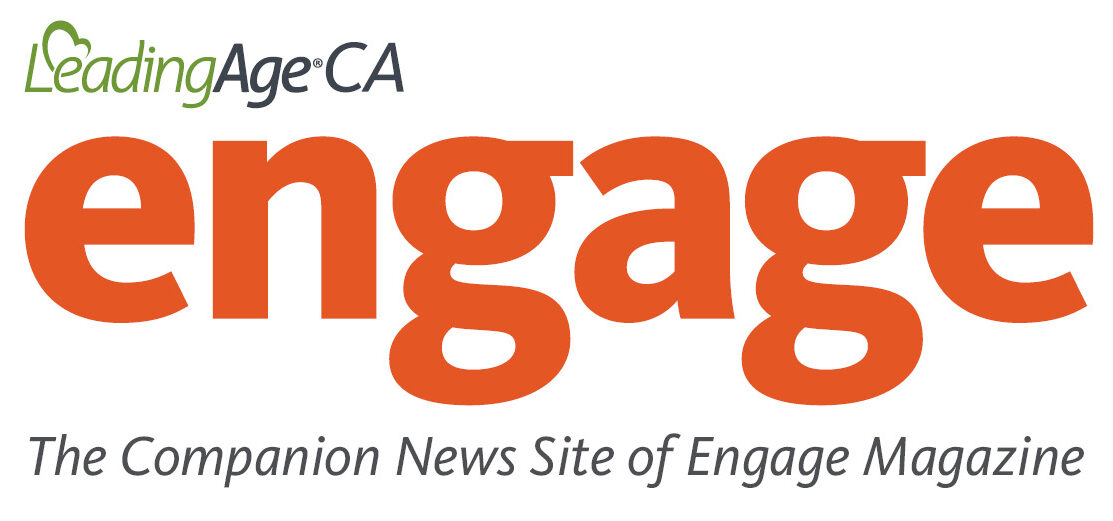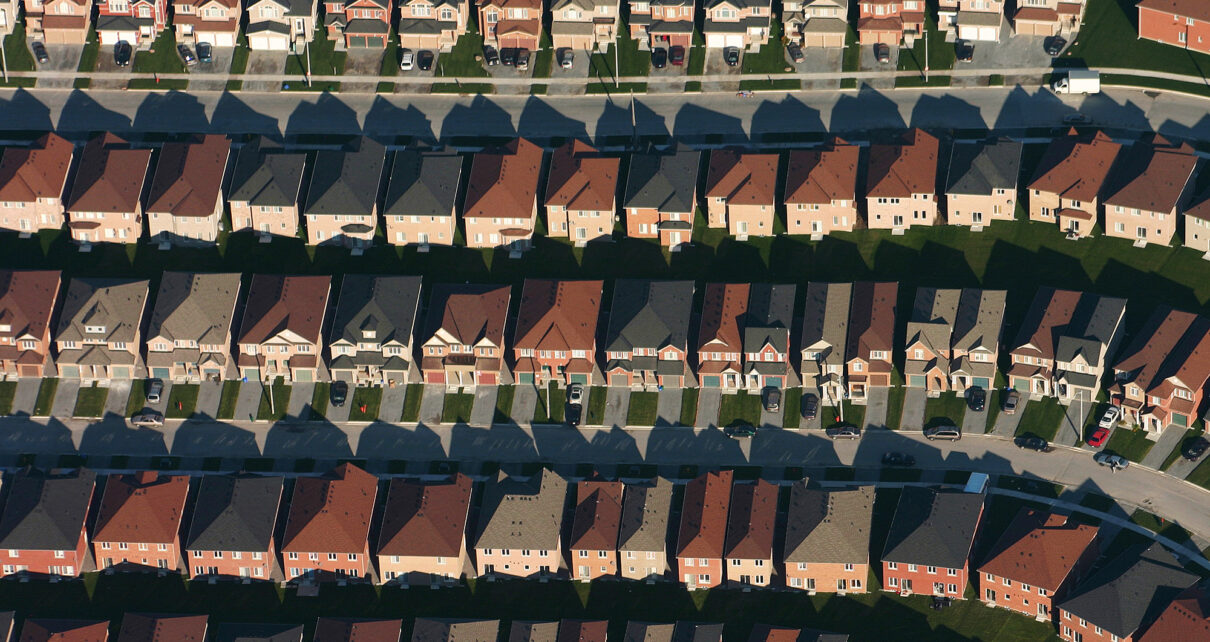Updated on March 26th. Updates in italics.
During HUD’s call on March 18th, HUD emphasized looking to the CDC and state and local public health departments for guidance with regards to the health and safety of the residents. HUD is doing its best to adapt to the situation but reinforced that it could only handle housing and administrative issues. Below are some key points that they covered in this call:
- Asset management staff and contract administrative staff are operating business as usual. Because they are primarily concerned about the safety of the residents and have not planned or practiced for situations such as this, they are working to address issues that they can as quickly as possible, but suggest taking the advice of local and state health departments when they do not have a solution. PBCAs don’t need to conduct reviews and are suspending MORs. They are looking into a more flexible model that will be less invasive and won’t require that they enter tenant units or spaces.
- Currently the guidance relating to entering resident’s apartments who test positive or who are symptomatic is limited. For maintenance staff, HUD advises that in the event that a resident needs something repaired, staff ask the resident if it is safe to enter, if anyone is sick in the apartment or if anyone has traveled outside the country in the last 14 days. If it is determined that it is safe to enter, maintenance may enter and repair what needs to be fixed, but if maintenance should feel unsafe for any reason they must not be required to enter. Other guidance given related to entering the apartment includes only forcibly entering the apartment in an emergency and only showing the units once the tenant has moved out. In the event that a resident tests positive for COVID-19, HUD refers landlords to CDC and public health guidance. All resident rights and protections are still intact.
- HUD suggests property owners and agents follow Center for Disease Control (CDC)guidelines and the direction of local health officials, especially in the event of property quarantine. HUD recommends that owners/agents create communication plans for distributing timely and accurate information during an outbreak. First, they should identify everyone in their chain of communication (for example, staff, volunteers, key community partners and stakeholders, and clients) and establish systems for sharing information. After identifying this information, they should maintain up-to-date contact information for everyone in the chain of communication as well as identify platforms, such as a hotline, automated text messaging, and a website to help disseminate information to those inside and outside of their organizations. Owners/agents can provide notification of positive COVID-19 cases without giving the name/apartment number/other personally-identifiable information to their residents and staff. HUD reminds them that they continue to remain subject to HIPAA and other privacy laws.
- Currently HUD is exploring further guidance relating to re-certification interviews. For now, COVID-19 can be considered an extenuating circumstance and allows you to delay a resident signature for 90 days. Additionally, an emergency re-certification interview may be done if a resident’s income drops due to COVID-19.
- To provide relief for multifamily property owners, HUD has extended the audited financial reporting deadlines until April 30. All entities required to submit financial information on or before April 30, 2020 are now required to submit their financial information no later than 120 days after the end of the fiscal year of the reporting period, and as otherwise provided by law. This waiver does not apply to the submission requirements for financial information that was delinquent as of March 23, 2020. The Office of Multifamily Housing Programs will continue to monitor the situation and may provide additional extensions as warranted.
- RADs will be handled remotely and online. Capital needs assessments are moving forwards as scheduled but may be extended on a case by case basis if there is a request to do so. RAD closings will also move forward as scheduled. Currently, HUD is working with OGC to ensure they are done on time.
- HUD RCSs are suspended in areas that are under a state or nationally declared emergency or where public health officials have imposed limited travel. HUD is rescinding guidance provided on 3/13/20 on how it will respond to an owner’s previously submitted RCS and will be providing new guidance on this topic in the upcoming weeks.
Finally, HUD closed by encouraging that property managers reach out to them. This is largely uncharted territory for HUD, but they are working to answer as many questions as they can through their Q&A located here and is frequently being updated. For any questions they can’t answer they will direct you to CDC and state and local public health department guidance.


